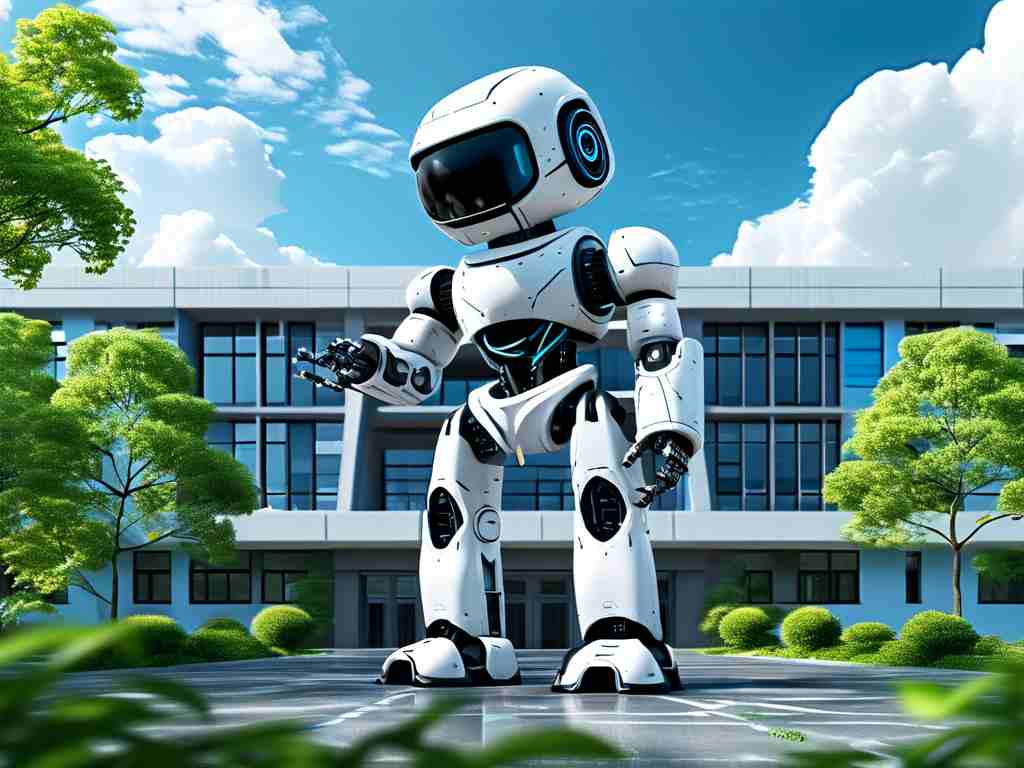The field of robotics is reshaping industries globally, and pursuing a diploma in robotics technology offers a strategic entry point into this dynamic sector. For students seeking hands-on technical training combined with theoretical foundations, specialized diploma programs provide a focused pathway to in-demand careers. This article explores key recommendations for robotics-focused diploma specialties and their alignment with emerging industry needs.

Core Curriculum and Skill Development
Modern robotics diploma programs emphasize interdisciplinary learning. Core modules typically include mechatronics, embedded systems programming, and industrial automation protocols. At Northern Technical Institute, students engage with collaborative projects using ROS (Robot Operating System) within their first semester, bridging software development with hardware integration. Unlike traditional engineering degrees, diploma courses prioritize practical workshops—such as CNC machining and sensor calibration—that mirror real-world maintenance and troubleshooting scenarios.
Emerging programs now integrate AI fundamentals, with institutions like Pacific Robotics Academy offering elective modules in machine vision and swarm robotics. This evolution reflects industry demands for technicians who can adapt to smart manufacturing environments. A 2023 survey by the International Robotics Federation found that 78% of employers prioritize candidates with cross-functional skills in both mechanical assembly and data-driven automation.
Industry-Specific Specializations
Forward-thinking institutions are tailoring programs to sector-specific applications. The Maritime Robotics track at Coastal Polytechnic, for instance, combines underwater navigation systems with marine energy harvesting techniques. Students gain certification in remotely operated vehicle (ROV) operations, directly addressing offshore energy and deep-sea exploration sectors projected to grow by 12% annually through 2030.
Another rising specialization is healthcare robotics, exemplified by Metro College’s Biomedical Assistance Systems diploma. The curriculum covers surgical robot maintenance, rehabilitation exoskeleton programming, and compliance with medical device regulations—a critical niche as hospitals automate patient care workflows.
Career Pathways and ROI
Diploma holders typically enter the workforce within 12–18 months, with entry-level roles offering competitive salaries. Recent graduates from Central Robotics Institute reported average starting wages of $52,000 annually as automation technicians, with 40% attaining supervisory positions within three years. The program’s industry partnerships with automotive manufacturers ensure students receive targeted training in robotic welding and quality control systems.
For entrepreneurial learners, some programs incorporate business development components. The Innovation Robotics stream at Tech Valley College requires students to design cost-effective automation solutions for local SMEs, fostering both technical and commercial acumen. Alumni have launched ventures ranging from agricultural drone services to customized warehouse logistics bots.
Choosing the Right Program
Prospective students should evaluate labs equipped with industry-grade tools like Fanuc manipulators or Universal Robots’ collaborative arms. Program credibility is enhanced by partnerships—such as the Siemens-certified curriculum at EuroTech Institute—which often lead to apprenticeship opportunities. Additionally, flexible hybrid learning models, like those pioneered by Global Robotics Campus, allow working professionals to upskill through modular courses in industrial IoT and predictive maintenance.
As automation permeates sectors from construction to retail, robotics diplomas offer agile career trajectories. By selecting programs that balance foundational engineering principles with cutting-edge specializations, learners position themselves at the forefront of technological innovation—without the extended timeline of conventional degree paths.









